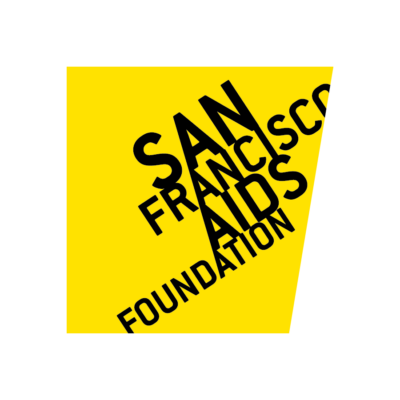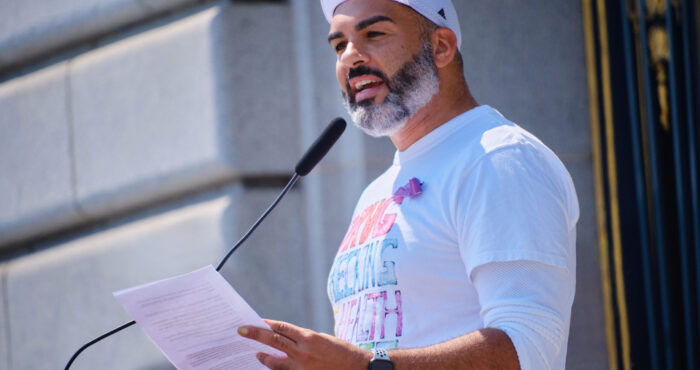SFAF supports medical decision-making rights of trans youth

SAN FRANCISCO, July 3, 2024–Last week, the Biden administration delivered a blow to LGBTQ+ communities across the nation, stating unequivocally to The New York Times its opposition to gender-affirming care surgery for minors. This came in response to an article reporting that administration staff had urged a transgender health organization to remove age minimums for surgery from treatment guidelines, over concerns that stating age minimums for surgery would lead to intensified scrutiny or attacks on the trans community. San Francisco AIDS Foundation stands opposed to blanket bans on gender affirming care and surgeries for trans youth, and believes that these decisions must be made by individuals along with their families and informed healthcare providers.
“These statements from the Biden administration will be damaging to the health and wellbeing of trans young people across the country, and will undoubtedly undermine access to critical healthcare services,” said Tyler TerMeer, PhD, CEO of SFAF. “We are disappointed that the administration has provided unnecessary commentary on this issue. Not only are these comments insensitive to the needs of trans youth, but they undermine bodily autonomy and contradict the position of every major medical association in the U.S. and decades of clinical research. These comments are wrong, and we call on the administration to reassess its position on this issue.”
The Biden administration does support gender-affirming care for trans youth, which includes non-surgery options such as hormone therapy, although recent statements draw a line in the sand at surgical options. Most transgender young people do opt for surgery as a minor, with most choosing non-surgical options such as puberty blockers.










